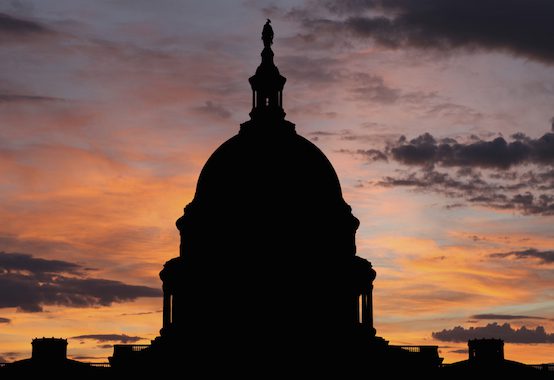Congress Must Reject Intervention in Venezuela

Venezuelan opposition leaders have begun calling for military intervention:
The only participants at the gathering who seemed to favor a more muscular approach were Guaidó and the opposition he leads. On Sunday, he tweeted that he would pose a formal question to international backers, asking that “all options [be] open to achieve the liberation of this country.”
Senior opposition politician Julio Borges was more direct, tweeting that the opposition “will urge for an escalation of diplomatic pressure and the use of force against the dictatorship of Nicolás Maduro.”
The good news is that there is still no regional support for military action, but we have to assume that there will be increasing pressure on the Trump administration from Rubio and other hawks to intervene. That pressure needs to be countered by firm Congressional resistance to attacking Venezuela. Using force against the Venezuelan government would be calamitous for Venezuelans and their country first and foremost, and it would be another costly error for the U.S. Members of Congress need to assert their role in matters of war and make clear that they reject U.S. intervention in this case.
It is a measure of the opposition’s desperation after a little over a month that their leaders are already talking about an option that would be a disaster for their own country. Whenever the U.S. offers its backing to the opponents of another country’s government, that tends to make the opposition overconfident in their chances and it causes them to expect that the U.S. will bail them out if things don’t go their way. By providing its full-throated endorsement to Guaido and offering him guarantees of protection, the U.S. has created a moral hazard by encouraging more confrontational opposition tactics that threaten to escalate the crisis and pull the U.S. into a new conflict.
The opposition leaders seem to have expected that their aid gamble over the weekend would lead to the resolution of the crisis:
“They thought it was going to be over, if not close to over,” Michael Shifter, president of the Washington-based Inter-American Dialogue, a think tank, said of the opposition. “They thought they’d get some aid in, that more of the senior military officials would flip.”
“It just didn’t happen,” Shifter said. “So, they say, ‘What do we do next?’ The problem is if they continue to have the same strategy,” using diplomatic and economic pressure, “it drags on. And if it drags on, there may be some real splits within the opposition.”
The opposition’s leaders have been wrongly assuming that they will be able to dislodge Maduro fairly easily, and they may be entertaining military intervention now because they wrongly think it will be a quick fix. Military interventions are always more difficult and dangerous than their supporters expect, and this one will be no different.
Comments